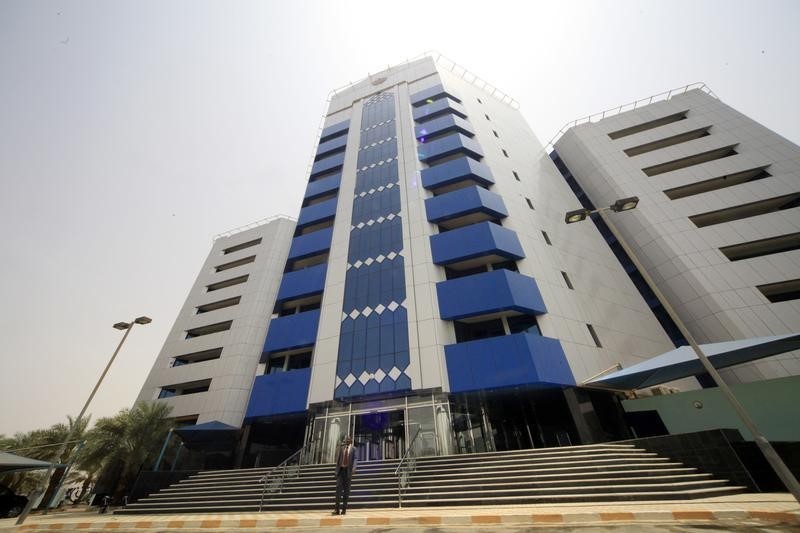CAIRO (Reuters) - Sudan has passed its 2020 budget that includes an overall deficit of about 73 billion Sudanese pounds ($1.62 billion), Finance Minister Ibrahim Elbadawi said on Sunday.
The country's ruling sovereign council and Cabinet agreed the budget - the country's first since the toppling of longtime ruler Omar al-Bashir, whose final years in power were marked by deep economic woes.
The budget has expected revenues of 568.3 billion Sudanese pounds ($12.63 billion) and also includes increased spending for healthcare and education.
"This is a budget of peace, it bodes for peace," Elbadawi said.
Sudan's current government has made peacemaking with rebels fighting Khartoum one of its main priorities as it is a key condition for the country's removal from the U.S. list of sponsors of terrorism.
That designation has left Sudan unable to tap the International Monetary Fund and World Bank for support.
Sudan's economy was hit hard when the south of the country seceded in 2011, costing it three-quarters of its oil output, a crucial source of foreign currency.
Inflation soared in recent years, driven by rising food and beverage prices and compounded by a black market for U.S. dollars.
Shortages of bread and fuel, both subsidized by the government, coupled with hefty price rises sparked protests that ultimately led to Bashir's ouster in April.
The transitional government also studied a proposal to lift subsidies in 2020, but Information Minister Faisal Saleh said it ultimately decided to postpone the proposal until at least March when the country plans to hold an economic forum.
